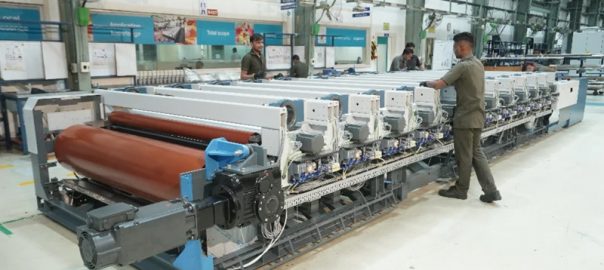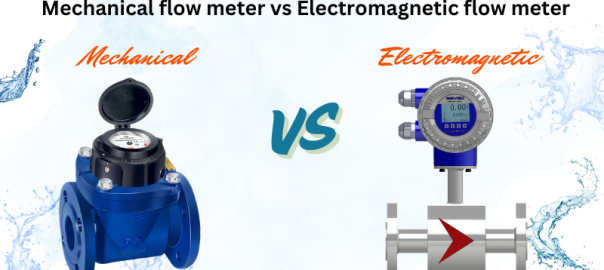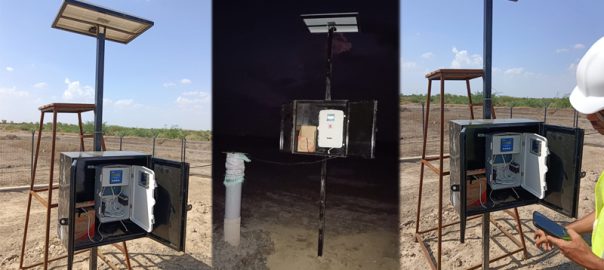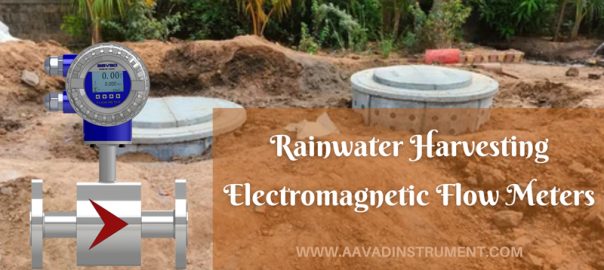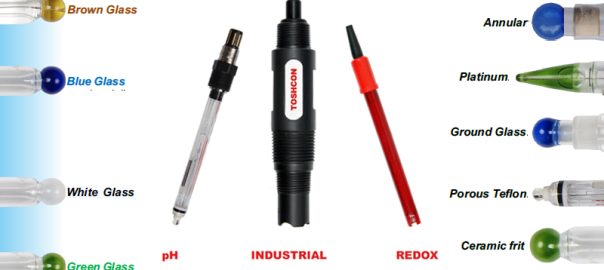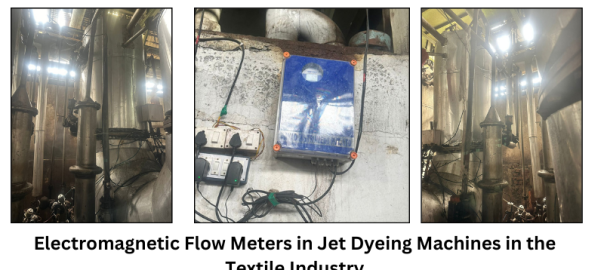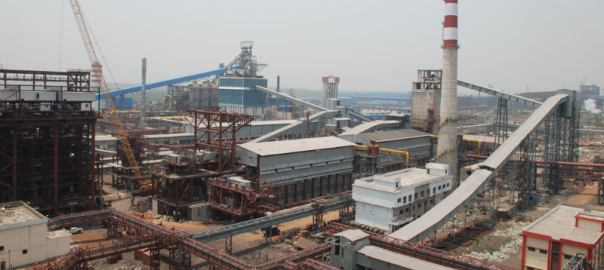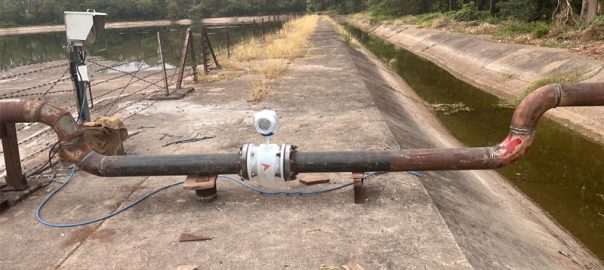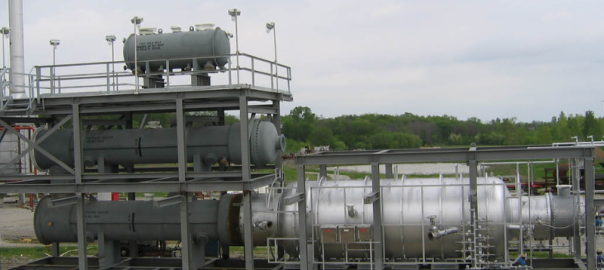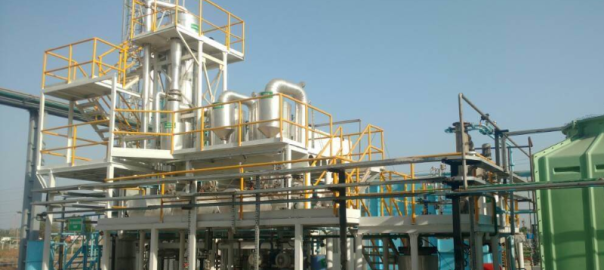
In various industries and applications, monitoring and controlling temperature is critical for ensuring optimal process conditions and product quality. Resistance Temperature Detectors (RTDs) are widely used for temperature measurement due to their accuracy, stability, and reliability. When it comes to measuring temperature in corrosive environments, such as those involving acids and alkalis, protecting the RTD sensor becomes crucial. One effective solution is the use of a Teflon sleeve, which offers several advantages in these challenging conditions. In this blog post, we will delve into the benefits of using Teflon sleeves with acid and alkali RTDs.
Corrosion Resistance: Acids and alkalis can be highly corrosive to most metals. However, Teflon (polytetrafluoroethylene or PTFE) is known for its exceptional resistance to corrosion. By incorporating a Teflon sleeve around the RTD sensor, it acts as a protective barrier, shielding the sensitive components from direct contact with the corrosive substances. This corrosion resistance ensures a prolonged sensor lifespan and accurate temperature measurement.
Chemical Inertness: Teflon possesses remarkable chemical inertness, making it resistant to reactions with a wide range of acids and alkalis. This characteristic is especially valuable when the RTD sensor comes into contact with aggressive chemicals. The Teflon sleeve prevents chemical interactions between the sensor and the corrosive substances, ensuring accurate and reliable temperature readings over extended periods.
Temperature Stability: Maintaining temperature stability is essential for precise measurements. Teflon sleeves provide excellent insulation properties, effectively isolating the RTD sensor from rapid temperature changes. The low thermal conductivity of Teflon minimizes the impact of external heat variations, resulting in enhanced temperature accuracy and stability.
Easy Cleaning and Maintenance: In industrial environments, regular cleaning and maintenance are necessary to prevent contamination and ensure consistent performance. Teflon sleeves are easy to clean due to their non-stick properties. They can resist the build-up of residue or deposits, simplifying the maintenance process. Moreover, Teflon’s smooth surface makes it easier to wipe off any remaining traces of corrosive substances, facilitating thorough cleaning.
Wide Temperature Range: Acid and alkali processes often involve a broad range of temperatures. Teflon sleeves are capable of withstanding extreme temperatures, typically ranging from -200°C to 260°C (-328°F to 500°F). This wide temperature range makes Teflon an ideal choice for various industrial applications, offering versatility and adaptability to different temperature environments.
Electrical Insulation: In addition to its corrosion resistance, Teflon is also an excellent electrical insulator. When using RTDs in acidic or alkaline environments, the Teflon sleeve acts as an insulating layer, preventing any electrical interference or short circuits. This insulation ensures accurate temperature measurement and protects the RTD sensor from electrical damage.
Compatibility with Different RTD Types: Teflon sleeves are compatible with various RTD types, including platinum RTDs (PT100, PT1000) and nickel RTDs. They can be custom-designed to fit specific sensor sizes and configurations, allowing for seamless integration into existing temperature monitoring systems.
Resistance to Contamination: In industries where process contamination is a concern, Teflon sleeves offer an advantage. Their non-reactive nature prevents cross-contamination between different substances, ensuring the integrity of the measurements and maintaining the purity of the process.
Application Examples: Highlight specific industries or applications where acid and alkali RTDs with Teflon sleeves are commonly used. For example, these temperature sensors find application in chemical processing plants, pharmaceutical manufacturing, petrochemical refineries, wastewater treatment facilities, and laboratory research involving corrosive substances.
Long-Term Cost Savings: Although Teflon sleeves may have a higher initial cost compared to other materials, their durability and resistance to corrosion can result in long-term cost savings. By extending the lifespan of the RTD sensor and reducing the frequency of replacements or repairs, Teflon sleeves contribute to overall cost efficiency.
Customization Options: Discuss the availability of customization options when using Teflon sleeves with acid and alkali RTDs. Manufacturers can tailor the sleeve’s dimensions, lengths, and connector types to match specific application requirements, ensuring optimal performance and ease of installation.
Teflon Sleeve Material Variations: While polytetrafluoroethylene (PTFE) is the most commonly used form of Teflon for RTD sleeves, it’s worth mentioning that there are variations available, such as expanded PTFE (ePTFE). Expanded PTFE offers enhanced flexibility and conformability, allowing for easier installation and better coverage of complex sensor shapes.
Resistance to Mechanical Stress: In addition to protecting against chemical corrosion, Teflon sleeves also provide resistance to mechanical stress and abrasion. This feature is particularly advantageous in harsh industrial environments where the sensor may be exposed to rough handling or abrasive materials. The Teflon sleeve acts as a protective barrier, preventing damage to the RTD sensor and ensuring its longevity.
Reduction in Downtime: By using Teflon sleeves, industries can minimize downtime associated with sensor maintenance and replacement. The corrosion resistance and durability of Teflon sleeves reduce the need for frequent repairs or replacements, allowing for continuous operation and improved process efficiency.
Compatibility with Various Mounting Options: Teflon sleeves can be designed to accommodate different mounting options, such as threaded fittings, flanges, or compression fittings. This flexibility enables easy integration of the acid and alkali RTDs into existing systems or process equipment, ensuring compatibility and ease of installation.
Safety Considerations: When working with corrosive substances, safety is of utmost importance. Teflon sleeves help mitigate the risk of leaks or spills, as they provide an additional layer of protection between the corrosive medium and the sensor. This added safety measure helps prevent accidents, ensuring a secure and controlled working environment.
Regulatory Compliance: Industries dealing with acids and alkalis often need to adhere to strict regulatory standards and guidelines. Teflon sleeves can contribute to compliance efforts by ensuring accurate temperature measurements, maintaining process control, and minimizing the risk of contamination or chemical reactions that could violate regulatory requirements.
Future Developments: Mention any ongoing advancements or research related to acid and alkali RTDs and Teflon sleeves. Highlight any emerging technologies, materials, or techniques that may further improve the performance, longevity, or functionality of these temperature sensors in corrosive environments.
Conclusion: When it comes to temperature measurement in corrosive environments involving acids and alkalis, protecting the RTD sensor is crucial for accurate and reliable readings. Teflon sleeves provide an effective solution by offering corrosion resistance, chemical inertness, temperature stability, easy cleaning, and a wide temperature range. By utilizing Teflon sleeves with acid and alkali RTDs, industries can ensure prolonged sensor lifespan, precise temperature measurement, and enhanced overall process control.
Disclaimer: While Teflon sleeves offer significant benefits in corrosive environments, it is essential to consult with industry experts and consider specific application requirements to determine the most suitable materials and designs for acid and alkali temperature measurement.

